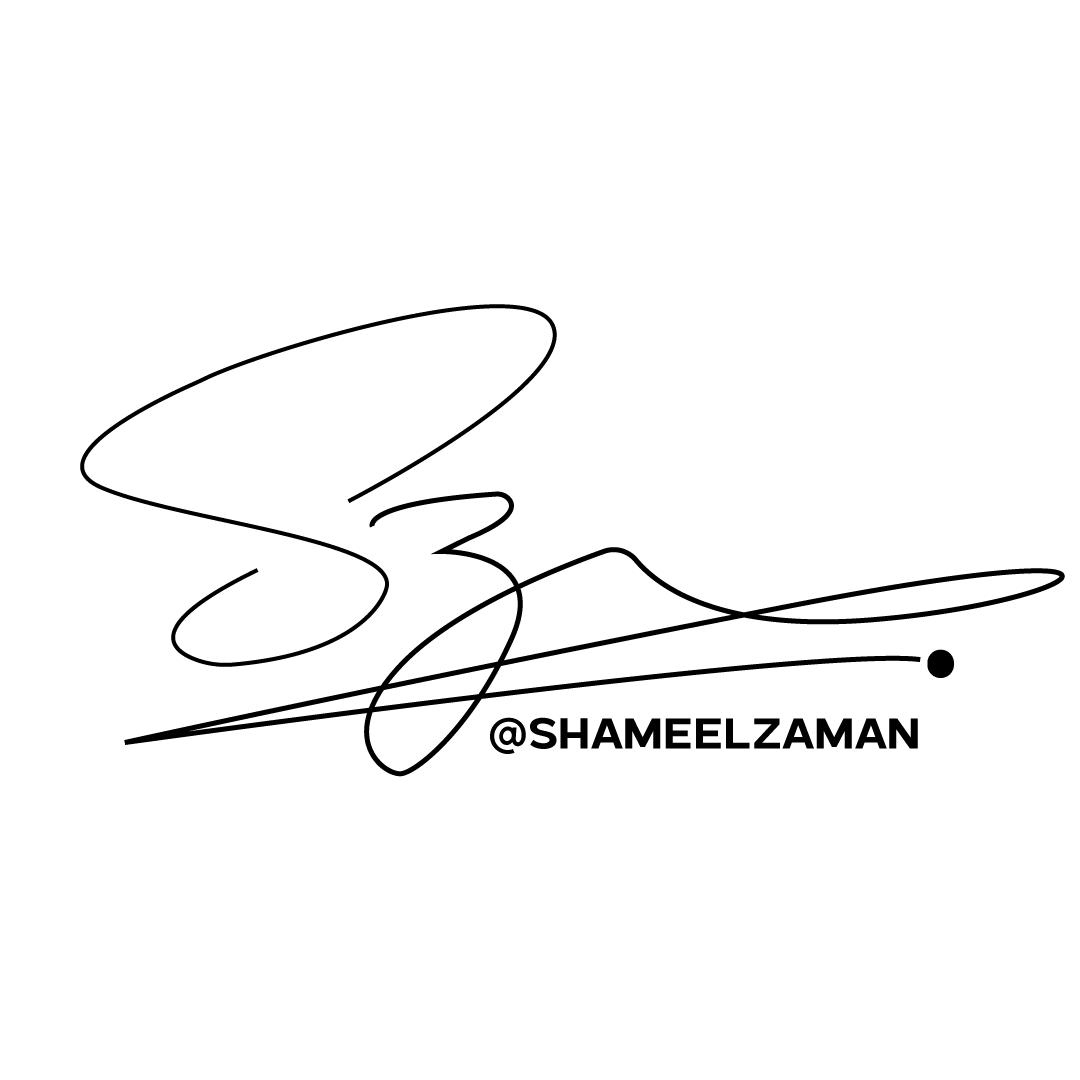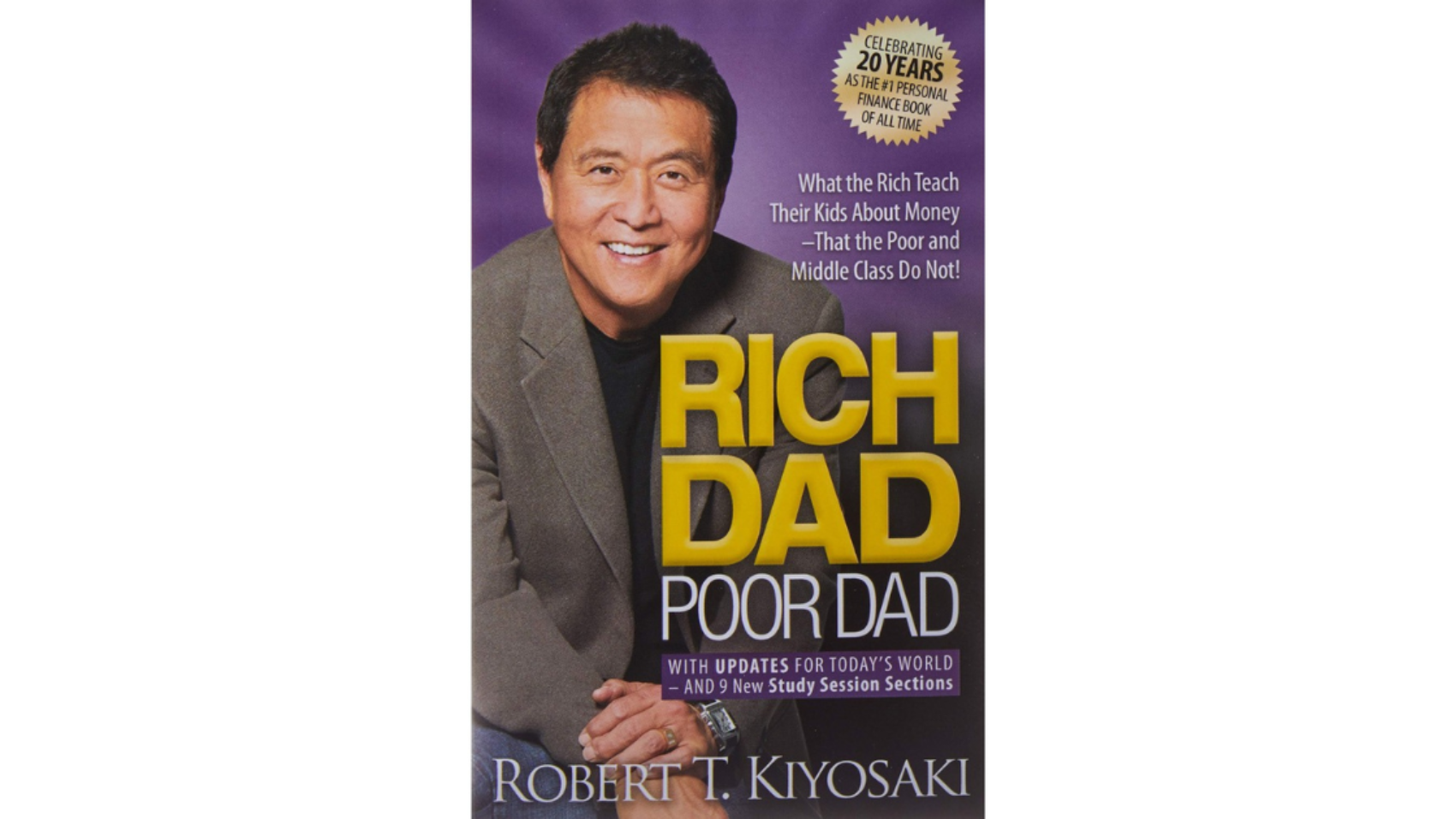Book Summary
“Rich Dad Poor Dad” is a personal finance book written by Robert T. Kiyosaki that provides lessons on how to build wealth and achieve financial freedom. The book draws on the author’s experiences growing up with two father figures, one a traditional “poor dad” who worked hard and struggled to make ends meet, and the other a “rich dad” who taught Kiyosaki the importance of financial literacy and how to build wealth through investments and entrepreneurship.
The following are the key points from the book:
- The importance of financial literacy: Kiyosaki stresses the importance of gaining a basic understanding of financial concepts, such as the difference between assets and liabilities, and how to build wealth through investing and entrepreneurship.
- The value of entrepreneurship: Kiyosaki encourages readers to pursue entrepreneurship and start their own businesses, rather than relying on traditional employment to build wealth.
- The dangers of debt: The book cautions against the dangers of debt and the importance of avoiding debt whenever possible, especially consumer debt.
- The importance of passive income: Kiyosaki emphasizes the importance of building passive income streams, such as through investments and rental properties, as a means of achieving financial freedom.
- Breaking free from the traditional financial mindset: Kiyosaki encourages readers to break free from the traditional financial mindset and embrace new and innovative ways of thinking about money and wealth.
These are some of the key themes explored in “Rich Dad Poor Dad,” and the book provides a wealth of practical advice and inspiration for anyone looking to improve their financial situation and achieve financial freedom.
Top of Form
The Book in 3 Sentences
- The importance of financial education: The author emphasizes the need for financial education and how it is not taught in schools. He argues that this lack of education is the reason why many people struggle with money throughout their lives.
- The difference between assets and liabilities: Kiyosaki explains the difference between assets and liabilities, and how assets generate income while liabilities take money out of your pocket. He encourages readers to focus on building assets to achieve financial freedom.
- The power of passive income: The author stresses the importance of passive income, which is income received from sources other than a traditional job. He encourages readers to work towards building multiple streams of passive income, which can help them achieve financial independence.
Impressions
Eye-opening: The book is an eye-opening experience, as it challenges conventional wisdom about money and finance.
Inspiring: It encourages you to think differently about money and finances and to take control of your financial future.
Practical: The book is practical and provides you with concrete steps to improve your financial situation.
Controversial: While the book has the above positives, some financial experts have criticized the author’s advice and his approach to finance.
How I Discovered It
“Rich Dad Poor Dad” by Robert T. Kiyosaki is one of the best-selling personal finance books of all time, and it has been widely read and recommended. I was recommended this book by one on my line managers.
Who Should Read It?
“Rich Dad Poor Dad” by Robert T. Kiyosaki is a personal finance book that provides a different perspective on money and investing. It is recommended for people who want to learn about personal finance, investing, and building wealth. The book is popular among those who are looking for a guide on how to take control of their finances and build a secure financial future. The book is also recommended for those who are seeking financial freedom and want to learn about alternative ways of building wealth.
How the Book Changed Me
I had a shift in my mindset and attitude towards money after reading “Rich Dad Poor Dad”. The book challenges traditional thinking about money, work, and investing and encouraged me to think outside the box when it comes to my finances.
I felt empowered and motivated to make changes in my financial life. This was the book that planted the seed in my mind for financial independence.
My Top Quotes
- “The rich don’t work for money. They have money work for them.”
- “The more you learn, the more you earn.”
- “Your mind is your greatest asset, or liability.”
- “Intelligence solves problems and produces money. Money without financial intelligence is money soon gone.”
- “The most important thing in life is financial intelligence.”
- “Your home is not an asset, it’s a liability.”
- “Work to learn, don’t work for money.”
- “You’re only poor if you give up. The most important thing is that you don’t give up.”
- “The size of your success is measured by the strength of your desire; the size of your dream; and how you handle disappointment along the way.”
- “Successful people ask better questions, and as a result, they get better answers.”
Detailed Notes//Key Topics
- The importance of financial education: Kiyosaki argues that formal education does not typically teach people how to manage money, and stresses the importance of seeking out financial knowledge on your own.
- The difference between assets and liabilities: Kiyosaki explains the difference between assets (such as rental properties or stocks) and liabilities (such as a mortgage or credit card debt), and argues that acquiring assets is the key to building wealth.
- The importance of passive income: Kiyosaki emphasizes the importance of developing sources of passive income, such as rental properties or a successful business, in order to achieve financial freedom.
- The dangers of debt: Kiyosaki warns against taking on too much debt, especially consumer debt, as it can limit financial freedom and prevent people from building wealth.
- The benefits of taking calculated financial risks: Kiyosaki encourages people to take calculated financial risks, such as investing in real estate or starting a business, as a way to build wealth and achieve financial freedom.

